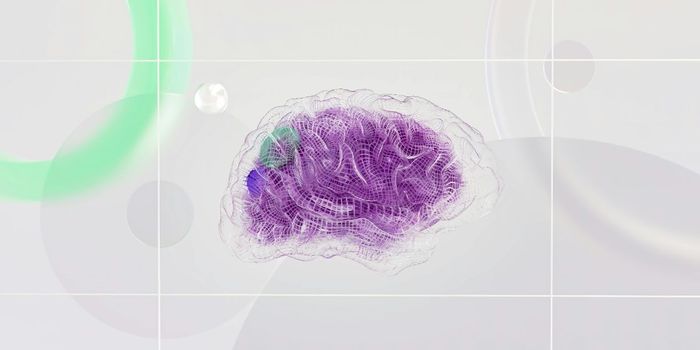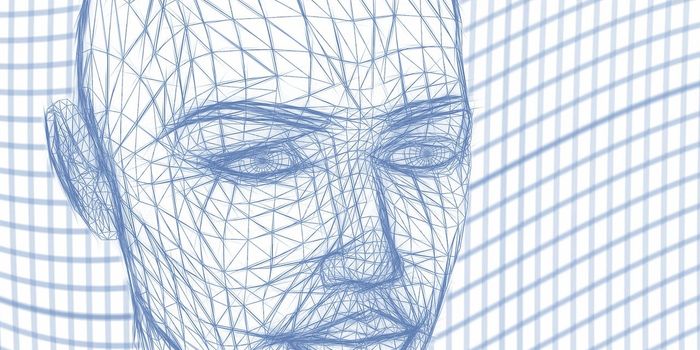Do You See What I'm Saying? Deciphering Tickertape Synesthesia
Scientists are still learning about how we gain the ability to read and write. One team of researchers has turned to an unusual group of people to study the mechanisms behind various learning processes - people with tickertape synesthesia (TTS). These individuals turn the sounds they hear, whether they are words spoken or sung by others, voiced on the radio or TV, or even emitted by meowing cats, into written words that they visualize. People with TTS see an imaginary, floating stream of subtitles, sometimes involuntarily. The research team has now assessed 26 individuals with TTS. Their findings have been reported in Cortex.
Synesthesia refers to a phenomenon in which multiple senses are stimulated at the same time while sensory input is being processed. Some people with synesthesia may hear colors, or visualize sounds, for example. In TTS, people read the words they hear. Researchers wanted to know more about when these subtitles appear, how they look, and whether they were a benefit or a hinderance.
"This phenomenon goes far beyond the anecdote. It opens a window to understand better the mechanisms at work in processing written language and their neural bases," said graduate student Fabien Hauw of the Paris Brain Institute.
TTS may happen when the translation of sounds into letters, or phonemes into graphemes, becomes too efficient, suggested neurologist Laurent Cohen of the Paris Brain Institute. "In these people, the connection between the mental representations of phonology and spelling is exaggerated, and the reading mechanism is somehow forced as soon as they are exposed to vocal sounds."
TTS is thought to be very rare, impacting an estimated 1.4 percent of the population. But finding people with TTS can be difficult too, because many of them are unaware that this is a very unusual ability.
"Several participants in the study were shocked to learn that not everyone has built-in subtitles," said Cohen. "We taught them through our recruitment ad. Like most forms of synesthesia, TTS is a subjective phenomenon. We don't know how to measure it objectively, as we would evaluate visual acuity, for example. Nor is it associated with outstanding abilities or incapacitating cognitive impairments. This makes it an exciting but invisible quality."
The 26 participants were interviewed about their experiences. About 73 percent developed TTS when they learned to read in childhood, and many found it could be advantageous, but could also be a nuisance. People with TTS felt it helped them memorize words, but many had a tough time paying close attention to people in places where lots of conversations happen at once. TTS was an automatic, uncontrollable process for 70 percent of the individuals.
For some, the emotional context had an effect on the appearance of the words too. Some people found that during a foreign movie, they saw a second set of subtitles. Others also saw the subtitles during dreams and nightmares. A few participants were related to others with TTS, and it may have a genetic basis. Five of the 26 participants experienced TTS even while listening to music without any lyrics.
When people learn to read, their brains gain the skills that give meaning to words, sounds, and letters. These skills have to be honed, and that usually occurs during development. Many things can affect these abilities, and there is a range of reading abilities and skills. TTS may involve unusual events that occur while a person is developing literacy.
Previous work used MRIs to evaluate people with TTS, and it showed that when they hear a monologue, certain places in the brain's left hemisphere are highly activated compared to controls. These regions are related to speech analysis and spelling, noted Hauw.
"These areas are identical to those related to reading. The observations support the idea that tickertape synesthesia is a form of upended reading: Instead of simply translating written words into sounds, these people automatically convert sounds into written words," Hauw concluded.
Sources: Paris Brain Institute, Cortex









